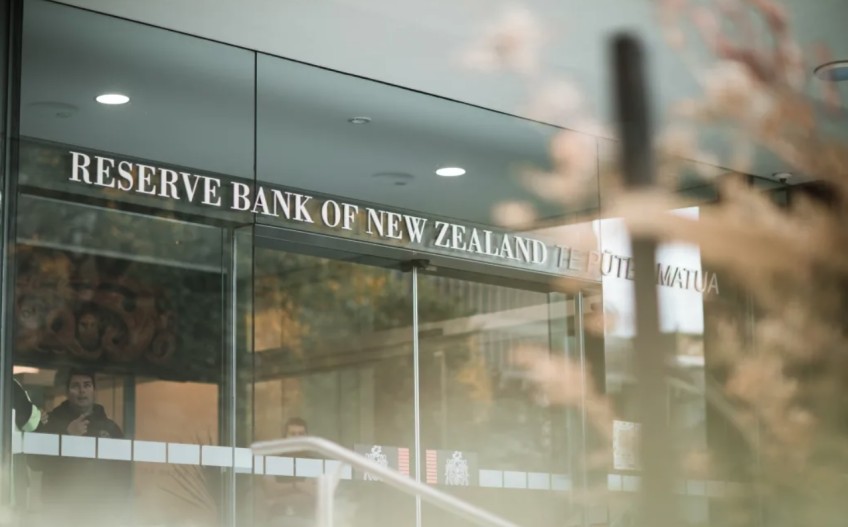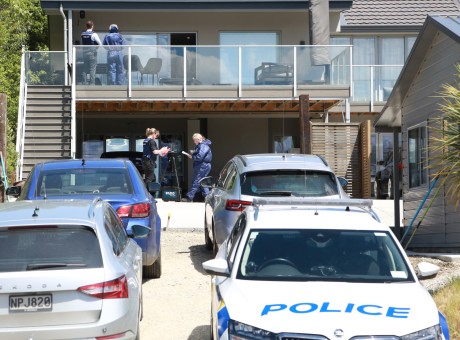Reserve Bank expected to slash rates by full percentage point

An economist believes the double dip recession means the Reserve Bank (RBNZ) will slash rates by a full percentage point this year.
The forecast is ahead of market pricing of a 75 basis point cut, from the current rate of 5.5 percent.
Latest Stats NZ data showed gross domestic product - the broad measure of economic growth - fell 0.1 percent in the final three months of 2023, following a 0.3 percent contraction in the previous quarter.
It meant the country had entered a double dip recession, as the country was back in a technical recession for a second time after a brief period of recovery last year.
It was driven by weak consumer spending and wholesale trade, along with a prolonged downturn in manufacturing.
Large Australian fund manager Betashares forecast the RBNZ would deliver its first 25 basis point rate cut in the third quarter, and would cut rates by a full percentage point this year.
Financial markets had priced in three 25 basis point cuts this year, starting from August, while the RBNZ's latest monetary policy statement indicated no rate cuts until mid-2025.
Betashares chief economist David Bassanese said the "good news" was that high interest rates were doing its job of slowing the economy and reducing inflation.
He said New Zealand, like the United States, had raised rates to a relatively high level, meaning there was scope for a large cut.
"The economy is proving to be weaker than expected. I think the fact that it did dip into the negative for the second quarter in a row, may well prove a psychological blow for both households and businesses.
"I think that's just going to add to the weakness of the economy and I think the case will build for the RBNZ to be cutting rates in the second-half of the year rather than next year," Bassanese said.
He said central banks around the world were not waiting for inflation to fall back to their target rates in order to trigger rate cuts.
"I think they just need more confidence that it is continuing to trend down and as we get closer to target, then you can start to take the foot off the brake a little bit."






















